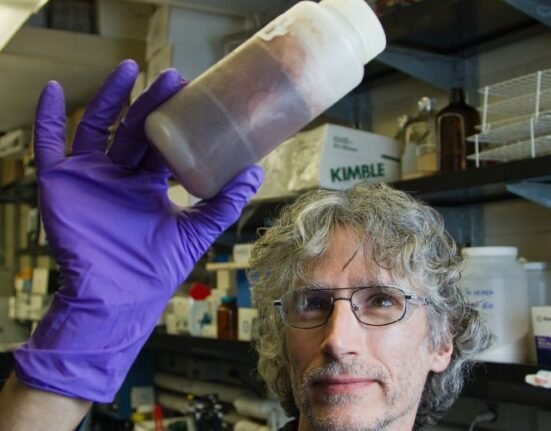HQ Team
February 1, 2023: A new Framework for Environmental and Social Management was unveiled by the Food and Agriculture Organisation to ensure agrifood systems adhere to global standards of risk management.
The structure will ensure that both people and the environment are protected from any potential impacts of FAO programmes and projects, according to an FAO statement.
“This framework ensures that our projects do both “no harm” and support the transformation to more efficient, more inclusive, more resilient and more sustainable agrifood systems by upholding the highest international standards for risk management,” said FAO Director-General Qu Dongyu during a virtual event.
It includes key elements of a people-centred approach and establishes environmental and social performance requirements for FAO programmes.
Voice concerns
It also intends to ensure that all stakeholders, including local and indigenous communities, have ample opportunities to participate in project activities and voice their concerns actively.
The framework introduces an innovative process of climate change and disaster risk screening to identify potential risks, mitigation and resilience measures.
New and updated requirements to conserve and restore renewable natural resources and biodiversity, protect animal welfare, foster resilient livelihoods and manage waste and non-pesticide hazardous materials are among other elements.
The FAO Director-General said that the new framework proactively promotes “doing good” in four key areas.
“First, it is a powerful tool for mainstreaming sustainability and resilience across FAO by bringing together people-centred approaches with the core UN principle of leaving no one behind in a single, operational framework,” Qu said.
Improve ground operations
It is also a mechanism to improve the efficiency of FAO operations on the ground by setting clear guidelines and standards for all projects. It also enhances the efficient response to FAO Members’ priorities and needs.
“The framework ensures the organization’s transparency and integrity as an institution by establishing clear protocols for how possible grievances may be raised and addressed,” Qu said.
As the impacts of the climate crisis, biodiversity loss and ecosystem degradation are putting at risk the achievement of the Sustainable Development Goals. FAO is committed to working together and swiftly overcoming these overlapping challenges.
The new strategy also aligns with safeguards policies of international financial institutions and key global funds, such as the Adaptation Fund, the Green Climate Fund and the Global Environment Facility, facilitating ongoing and growing partnerships in projects on the ground.
The new rules introduce an innovative process of climate change and disaster risk screening to identify potential risks, mitigation and resilience measures.








